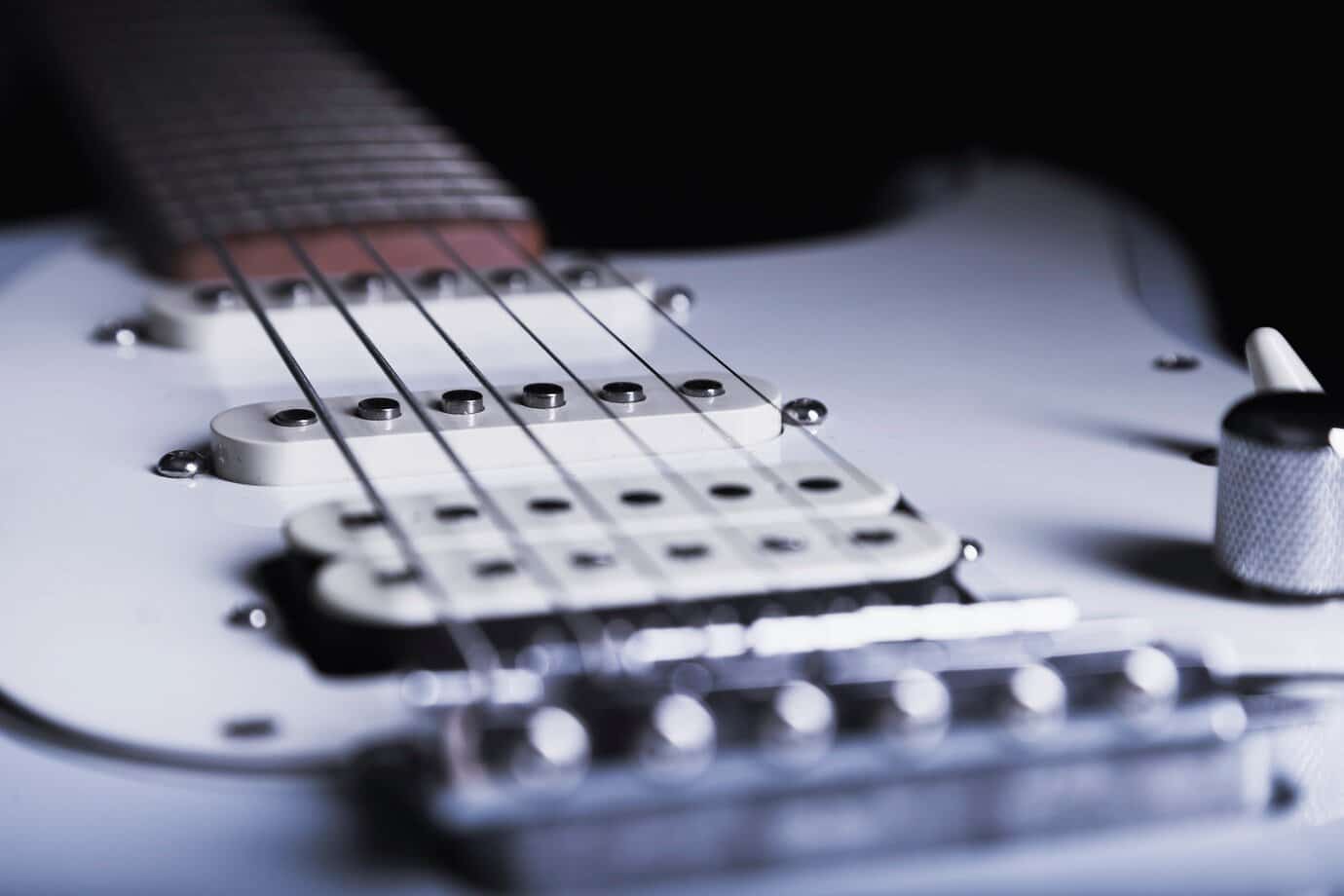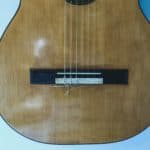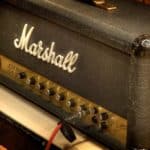Buying your first guitar is a life-changing moment for every musician.
Just think about it: it’s the first step towards years of practice, rehearsals, and performances.
The only issue comes before that moment: doubts regarding what guitar one should buy.
Should it be a new, expensive guitar? Should you choose a used one?
Should you get the cheapest guitar of them all?
The reality is that there is not a real answer, because every case is different.
However, today we’ll be answering one of them: Should you buy and start with a repaired guitar?
Guitars repaired by luthiers are quality instruments, and you should buy them. The fact that they have been broken in the past doesn’t mean they will break again. Many repaired guitars are stronger than brand new ones. Always double-check that the guitar has been restored properly before buying.
But why jump to conclusions already? Instead, let’s keep reading this article.
You’ll find lots of information on when you should buy repaired guitars, and when not to.
Here we go!
Can a repaired guitar sound as good as a new one?
Restoring a guitar is a good idea. It will sound brand new, even if the guitar is old.
Of course, one needs to carefully check whether the reparation has been done properly.
If the instrument has been repaired by a professional, then it is more likely that the guitar will sound and play okay.
However, if you are unsure, then it is better to get a real new guitar. It is not worth the risk.
Before continuing with the article, consider the following.
The best you can expect are repairs on replaceable parts: frets, nuts, tuning pegs, bridge pins, pickguard, saddle, etc.
Necks and headstocks, on the other hand, cannot be easily replaced.
One must thoroughly mend them for a useful result, which is something that only a professional can do.
What kinds of repairs are acceptable on a used guitar?
Any well-done job can be acceptable.
Consider that luthiers are professionals. They know how to repair an instrument, and how to make guitars sustainable again.
The issue is when repairments are done by non-experts.
Once again, tiny, replaceable parts can be repaired almost effortlessly.
Now, a quick fix with glue is not to fix it whatsoever.
That’s why I would recommend double-checking before purchasing.
Be sure that the most important parts of the guitar have been repaired properly. That’s all.
What kinds of repairs would be deal-breakers when getting a used guitar?
The most delicate parts of a guitar tend to be the ones that work with tension.
Under this category, we find ribs, tops, headstock, and the neck.
Therefore, always look for issues strictly related to those parts.
Skilled hands will deal with even the toughest jobs, but that’s why I emphasize such a fact.
Make sure that the headstock and neck have been worked by a skillful luthier.
If you are in doubt, it is better not to buy anything.
Also, I recommend evading any repairment that has changed the original specifics of vintage guitars.
This is mostly because it really hurts its resell value.
Can a repaired guitar be better than a new one?
The answer relies mainly on the guitarist’s preferences.
Some musicians will look solely for brand new guitars, maybe because of a belief that they will sound and play better.
That’s okay. New guitars will definitely function splendidly.
Nonetheless, repaired guitars can be “better” for others.
Think about it.
There are guitars that have worn-out frets that need to be replaced for a size that suits the musicians’ taste.
In addition, a repaired (and most probably, used) guitar could have a worn-off finish.
This vintage-like appearance it’s appealing to a wide number of guitarists.
Also, many players believe that “played” guitars have their wood more “settled”, resonate, and sound better.
The only fact here is that a good-repaired guitar will sound great, despite people’s superstitions.
Choosing between a new or a repaired guitar then it’s up to you.
Is a repaired guitar more likely to break down in the future?
Repaired guitars won’t break out suddenly. They are not more prone to breaking just because they got damaged in the past.
Actually, the contrary tends to happen.
Some structural repairs strengthen the instrument.
They get more resilient, in part, thanks to the glue.
The glue joint of a repaired neck is stronger than the original wood.
This means that a beak will never break the part it has been properly glued to.
Most important, however, are repairments that require adding additional wood.
This is the case with certain types of guitar.
Some manufacturers built guitars with weak wood. As a result, some specific areas become rather fragile.
This is also true for design “flaws” such as Les Paul headstocks that are very prone to breaking.
Therefore, repairing the guitar involves adding extra wood or carbon fiber to reinforce the weakest parts.
The final outcome is a stronger headstock to the neck region.
Finally, be aware that not every case is the same.
In other words, not every guitar will be stronger or better just because it underwent a repair process.
Every situation is unique.
Should you buy a repaired guitar?
Beginners should not consider getting repaired guitars.
A used instrument could work, but repairments are a different case.
A newbie will find it hard to discriminate between a “good” repaired guitar and a “bad” one.
If the latter occurs, then the guitar will be useless. It will sound and play terribly, and it will demotivate the player to keep on learning.
It’s always a better idea to buy either a new or a used guitar.
Again, used guitars generally work perfectly.
However, I advise you to find an expert who can prove the guitar is in proper condition.
This can be a friend, a teacher, or anyone who knows about guitars.
You can even ask for guidance in internet forums or Facebook groups, for example.
Last, but not least, you should know that repaired instruments lose resell value.
If you want to sell it back, it will be harder, and you’ll need to sell it at a low price.
Is it worth buying a broken guitar and repairing it?
Buying a broken guitar can be a good idea.
If you are planning to take it as a project or a goal, by all means, do it.
It could be really fun to “build” your own guitar. The instrument would gain lots of personal value.
Plus, you could even adapt it the way you want.
On the other hand, if you are planning to do it so you can save a few dollars, then don’t.
It is better to pay more and get a quality product. Otherwise, you end up with a broken guitar, that maybe you don’t even take the time to repair.
Sometimes, it could even backfire on you. Maybe you have to pay even more money for the replacement parts and the whole reconstruction.
Just buy a properly constructed guitar or even a used one. You’ll avoid regrets.
If you want to find out more reasons why you should buy and repair your own guitar, then read this article. It has all the information you need.

Hello there, my name is Ramiro and I’ve been playing guitar for almost 20 years. I’m obsessed with everything gear-related and I thought it might be worth sharing it. From guitars, pedals, amps, and synths to studio gear and production tips, I hope you find what I post here useful, and I’ll try my best to keep it entertaining also.





